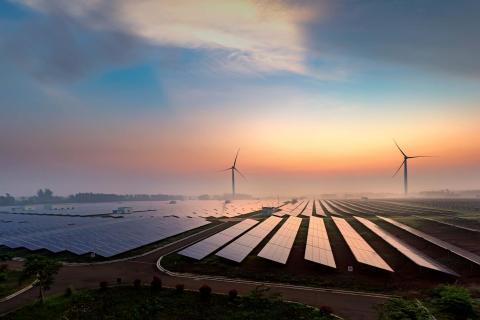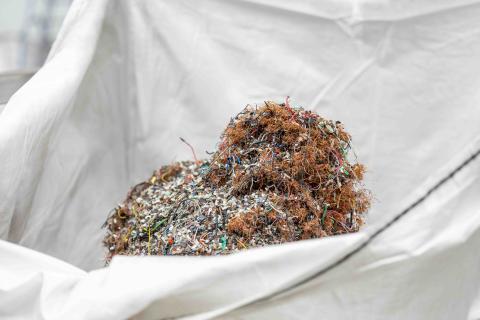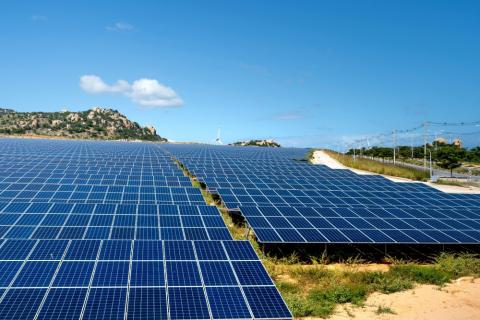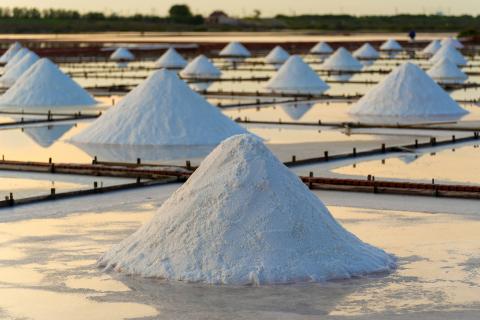Aragon Joint University Research Institute for Energy and Resource Efficiency (ENERGAIA)
If you are the contact person for this centre and you wish to make any changes, please contact us.
Professor of Machines and Heat Engines at the University of Zaragoza, and Head of the Industrial Ecology group at the Energaia Institute
Full Professor at the University of Zaragoza and Director of the Joint Research Institute for Energy and Resource Efficiency (ENERGAIA)
Postdoctoral researcher at the Joint University Institute for Energy and Resource Efficiency of Aragón (ENERGAIA - UNIZAR)

Science magazine has chosen “the seemingly unstoppable growth of renewable energy” as the most notable scientific advance of 2025. The journal highlights that this year was the first in which solar and wind energy surpassed fossil fuel-based energy in certain areas. In this transition, Science highlights the role of China, which now dominates global production of solar panels, wind turbines, and lithium batteries, and has managed to make renewable energy technology cheaper. Among the obstacles, the magazine cites the continued widespread use of coal and political resistance in countries such as the United States.

In 2050, the total volume of waste electrical and electronic equipment in Europe will reach between 12.5 and 19 million tonnes, compared to 10.7 million tonnes – around 20 kilograms per person – in 2022, according to the report 2050 Critical Raw Materials Outlook for Waste Electrical and Electronic Equipment. Of this volume, only 54% was collected and treated correctly in 2022. Furthermore, of the one million metric tonnes of critical raw materials such as copper, aluminium and silicon present in this waste, less than half was successfully recovered, according to the report's estimates.

At this time, it is unknown what caused the massive power outage that left millions of people without electricity on the Iberian Peninsula on Monday. The influence of renewable energy sources is also unknown.

Lithium, a material widely used for battery production, is typically extracted from rocks and concentrated brines, but these reserves are expected to run out by 2080. The alternative is to evaporate more diluted brines (such as seawater), but the traditional process is inefficient, polluting, and consumes large amounts of water. Two new studies published in Science propose two more viable and environmentally friendly alternative methods: the first uses a membrane that filters lithium through a transpiration system similar to that of plants, requiring only solar energy. The second combines electrodes to mimic a battery and move lithium from the brine (cathode) to fresh water (anode).